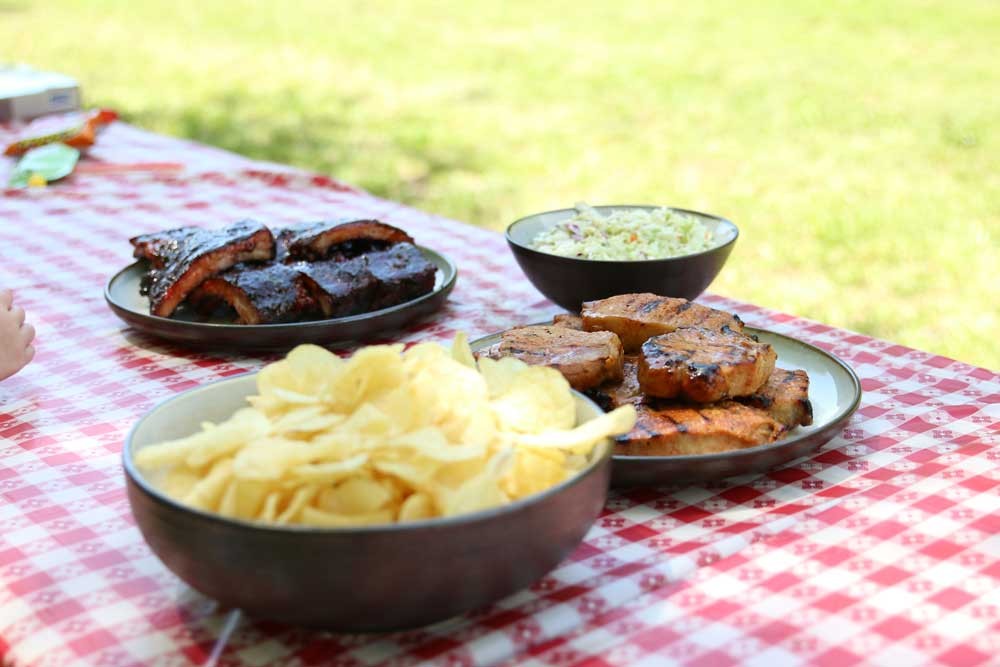Food Safety

The safety of our pork products is of utmost importance to us at Tosh Farms. We have stringent protocols in place to control access to our facilities and therefore, transmission of disease. By utilizing enclosed buildings to raise our pigs, continually improving production practices, and embracing technological advancements in the areas of disease detection and prevention, we are able to protect our pigs from a number of possible threats.
One example of how modern pork production practices have resulted in increased food safety is a huge decrease in the risk of human infection from a foodborne parasite called Trichinella spiralis. Trichinella is a roundworm that causes gastrointestinal disease in humans who eat contaminated pork. However, the only way that a pig becomes infected with Trichinella is by eating meat containing the worm. When pigs were primarily raised outdoors, they foraged for food and ate rodents infected with Trichinella. In the past, it was also a common practice to feed pigs garbage and table scraps, often containing Trichinella infected meat. Since the majority of modern pork producers no longer raise pigs outdoors or feed them garbage scraps, the threat from Trichinella has virtually been eliminated in the United States.
 In fact, because of the increased quality and safety of pork products from modern day production systems, the USDA was able to revise their cooking guidelines for pork in 2011. After completing research on the subject, the Food Safety Inspection Service (FSIS) determined that pork can be safely consumed after being heated to an internal temperature of 145 degrees F coupled with a resting period of three minutes. This new recommended temperature applies to all pork cuts with the exception of ground pork, which should always be cooked to 160 degrees F like all ground meats. We encourage you to try this new temperature recommendation if you haven’t already and enjoy a juicy, tender cut of pork today. For more information about selecting, thawing, and cooking pork, click here.
In fact, because of the increased quality and safety of pork products from modern day production systems, the USDA was able to revise their cooking guidelines for pork in 2011. After completing research on the subject, the Food Safety Inspection Service (FSIS) determined that pork can be safely consumed after being heated to an internal temperature of 145 degrees F coupled with a resting period of three minutes. This new recommended temperature applies to all pork cuts with the exception of ground pork, which should always be cooked to 160 degrees F like all ground meats. We encourage you to try this new temperature recommendation if you haven’t already and enjoy a juicy, tender cut of pork today. For more information about selecting, thawing, and cooking pork, click here.
“We care about you. We want your pork to be safe. We’re going to take good care of these pigs for you.” – Jay Oliver, Director of Livestock Production
